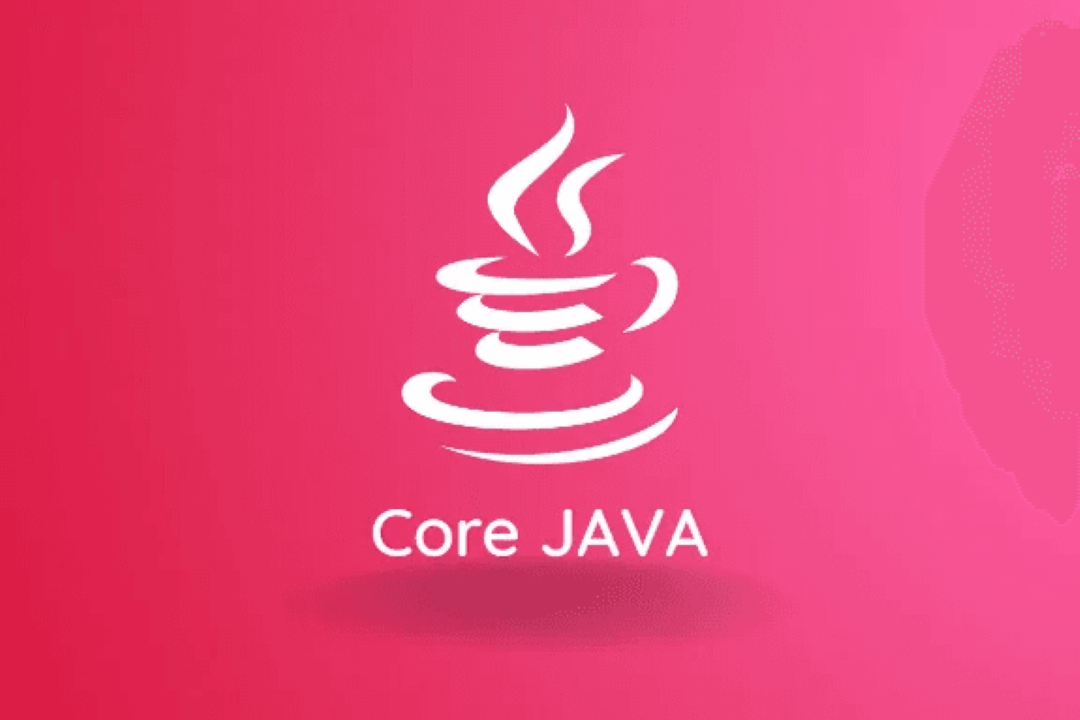How Much Time Does It Take To Learn Java
Estimating the Time Required to Learn Java
How Much Time Does It Take To Learn Java
Learning Java can take varying amounts of time depending on factors such as prior programming experience and dedication to learning. However, with consistent effort and practice, one can become proficient in Java within a few months. Java is a widely used programming language known for its versatility and compatibility across different platforms. It is particularly valuable for web development, mobile app development, and enterprise software applications. Acquiring Java skills can open up opportunities for career advancement and enable you to work on a diverse range of projects in the tech industry.
To Download Our Brochure: https://www.justacademy.co/download-brochure-for-free
Message us for more information: +91 9987184296
1 - Introduction to Java Basics: This initial phase usually takes around 1 2 weeks to understand the foundational concepts of Java programming, such as variables, data types, operators, and control flow structures.
2) Object Oriented Programming (OOP) Concepts: Learning OOP principles in Java, including classes, objects, inheritance, polymorphism, and encapsulation, typically requires 2 3 weeks.
3) Advanced Java Features: Covering concepts like exception handling, input/output streams, collections, generics, and multithreading can take an additional 2 3 weeks to grasp effectively.
4) GUI Development: Understanding how to create graphical user interfaces (GUIs) in Java using libraries like Swing or JavaFX may take another 2 3 weeks to gain proficiency.
5) Database Connectivity: Learning how to connect Java applications to databases using JDBC could take about 1 2 weeks to understand and implement.
6) Web Development with Java EE: Exploring Java Enterprise Edition (Java EE) to develop web applications using technologies like Servlets, JSP, and frameworks like Spring or Hibernate may require 3 4 weeks.
7) Version Control Systems: Understanding how to use Git or SVN for version control in Java projects might take around 1 week to become familiar with.
8) Testing and Debugging: Learning testing frameworks like JUnit and debugging techniques in Java could take 1 2 weeks to master efficiently.
9) Continuous Integration: Understanding tools like Jenkins for automating build and testing processes might require about 1 week of training.
10) Java Best Practices and Design Patterns: Exploring best practices and commonly used design patterns in Java can take around 2 3 weeks to internalize and apply effectively.
11) Comprehensive Project Work: Applying all the learned concepts in a real world project could take 2 4 weeks depending on the complexity and scope of the project.
12) Code Reviews and Refactoring: Learning how to review and refactor code for better performance and maintainability might require an additional week of training.
13) Performance Tuning: Understanding techniques for optimizing Java code and improving performance can take about 1 2 weeks to grasp.
14) Networking and Security: Learning about network programming in Java and implementing security measures might take around 1 2 weeks to cover all essential aspects.
15) Industry Internship or Practical Experience: Getting hands on experience through internships or practical projects in the industry could help solidify learning and bridge the gap between theoretical knowledge and practical application.
Browse our course links : https://www.justacademy.co/all-courses
To Join our FREE DEMO Session: Click Here
Contact Us for more info:
Azure Cloud Programming
Best Java Full Stack Developer Course
How to Master JavaScript
Difference Between Express Js And Node Js
How To Initialize ArrayList In Java











